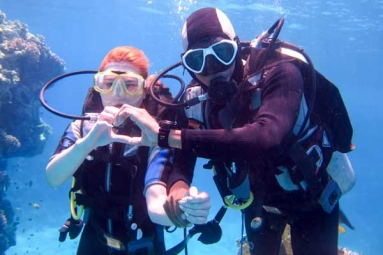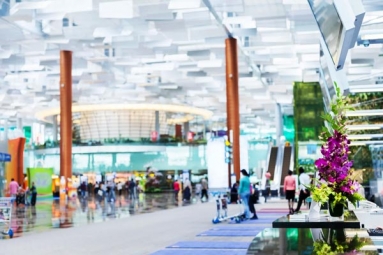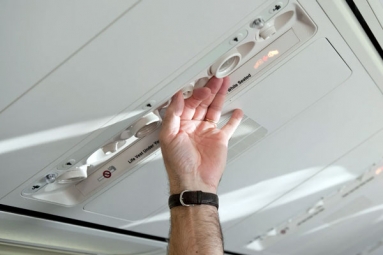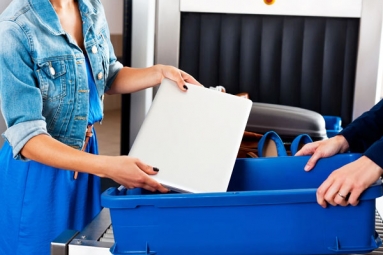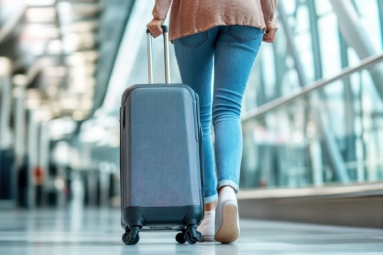
During a recent trip to East Africa, I spent a miserable week in a fan-cooled hotel room battling high fever, body aches, and severe sinus congestion. My only pain relief was an ineffective generic antihistamine from a local pharmacy. Luckily, I bumped into two Toronto-based physicians traveling on a medical volunteer mission. They were able to allay my immediate concerns about malaria and swine flu, but for what ailed me, they were unable to prescribe anything more than sensible advice: “Get some rest and drink lots of fluids.”
After I finally recovered, it occurred to me that I had learned a valuable lesson about staying healthy on the road. With the current concerns over the H1N1 influenza (swine flu) pandemic, it’s more important than ever for travelers to be proactive about staying well. Before heading overseas, visit your doctor for a checkup and then check the Centers for Disease Control travel health page for updates on infectious diseases—cholera, tuberculosis, yellow fever, influenza—that are particularly endemic in outlying destinations. Click the CDC’s Travel Safe podcasts for in-depth trip advisories. The World Health Organization also has detailed information on pandemic vaccines and international health issues.
It’s important to be aware of potential pitfalls not only when you arrive at a destination, but when you’re in transit. Wipe your hands often with antibacterial wipes or sanitizers. Use them to clean your environment, from your airplane seat to your hotel room. Don’t forget the taxi to the airport.
An airport terminal is where you are most likely to experience new regulatory precautions enacted to prevent the spread of highly pathogenic viruses. You may be asked to have your temperature checked by passing through a thermal scanning device, or with an oral or ear thermometer. In recent months some international airlines, including Virgin Atlantic and British Airways, have prevented passengers from boarding who exhibit flu symptoms. In countries such as China and Japan, immigration officials are boarding planes upon landing to assess passenger health. If a fellow traveler manifests an illness while airborne, others onboard may now face quarantine.
If you do become ill overseas, contact the U.S. Consulate for assistance in obtaining local medical attention. The International Society of Travel Medicine maintains a directory of health-care professionals in nearly 50 countries. Or join the International Association for Medical Assistance to Travellers, which has a directory of English-speaking physicians, hospitals, and clinics for any member who requires care abroad. Consultation rates usually start at $100. And don’t discount TLC from hotel staff, who may make all the difference when you’re unexpectedly bedridden. At the Hotel Connaught, a butler once served me hot milk and chicken soup after I caught the sniffles in cold, rainy London.
Even if you are just traveling to Peoria, easy preventive measures are important to practice while away from home. Here are more tips for keeping you sneeze free.
Source: Travelandleisure




